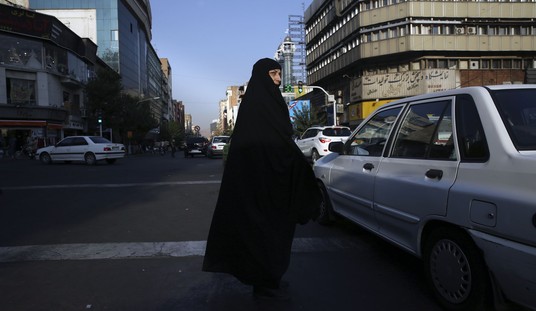The city of San Francisco will vote today on whether or not to ban the use of facial recognition tools by police. The city of Oakland is also considering a similar ban. From the Mercury News:
In San Francisco, a Board of Supervisors committee is scheduled to vote Monday on the Stop Secret Surveillance Ordinance, which would make it illegal for any department to “obtain, retain, access or use” any face-recognition technology or information obtained from such technology.
The proposal, introduced by San Francisco Supervisor Aaron Peskin in January, would also require public input and the supervisors’ approval before agencies buy surveillance technology with public funds. That includes the purchase of license plate readers, toll readers, closed-circuit cameras, body cams, and biometrics technology and software for forecasting criminal activity.
The odd thing about this proposal is that neither San Francisco nor Oakland currently uses the facial recognition tech:
The San Francisco Police Department, which said it doesn’t use facial recognition, submitted amendments to the ordinance after talking with other city departments, community groups, neighborhood watch groups and businesses…
San Francisco Sheriff’s Department spokeswoman Nancy Crowley said her department does not use facial recognition. She added that most of the agency’s work is in non-public spaces, but that if the ordinance is passed “we will comply with the requirements that impact our work.”
If this isn’t currently being used in the city, what exactly is the concern? According to critics, it’s that the city could become something out of 1984 almost overnight thanks to the existing network of cameras and potential access to images from the DMV database. From the AP:
Efforts to restrict its use are getting pushback from law enforcement groups and the tech industry, though it’s far from a united front. Microsoft, while opposed to an outright ban, has urged lawmakers to set limits on the technology, warning that leaving it unchecked could enable an oppressive dystopia reminiscent of George Orwell’s novel “1984.”
“Face recognition is one of those technologies that people get how creepy it is,” said Alvaro Bedoya, who directs Georgetown University’s Center on Privacy and Technology. “It’s not like cookies on a browser. There’s something about this technology that really sets the hairs on the back of people’s heads up.”
I’d grant that facial recognition has the potential to be pretty creepy but it also seems like something that could be very useful in places where potential terrorists might be looking to strike. And big cities like San Francisco would certainly make a tempting target.
Perhaps the best case that the tech represents an authoritarian temptation comes from the fact that China is now the world’s leader in deploying it with over 170 million cameras already in place and growing. The report by the Economist points out how the tech is being presented as the key to a better, safer world, but it also creates a surveillance system the government can use to increase control of the population. As one person in this clip says, “it’s like entering a state of totalitarianism.”








Join the conversation as a VIP Member